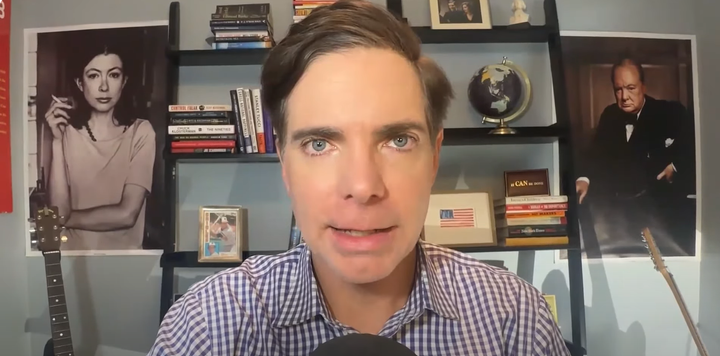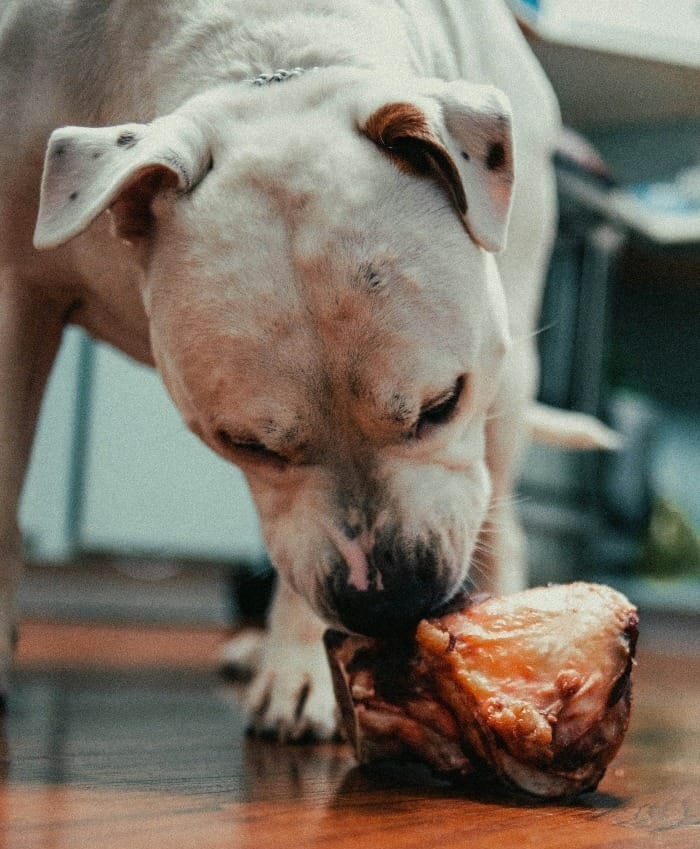Having and Lacking Political Clout
West Virginia in the days of Democrat Robert Byrd had huge clout in Washington. Today not so much.

It’s not unusual, given how politics works, that the big and powerful take care of their own. Robert Byrd, a Democrat and the Senate’s longest serving senator, who died in office in 2010, was one of the most powerful men in government. And he was generous–very!--to his state. He was known as the King of Pork and he referred to himself on occasion as Big Daddy. It’s easy enough to connect the many Federal government institutions abiding in West Virginia to his influence and position as head of the Appropriations Committee in the Senate for many years. Appropriations is where the bucks get doled out.
Locally in the Eastern Panhandle we have the Fish and Wildlife Conservation Center, the IRS Computing Center, the Coast Guard Operations Center, the Custom and Border Protection Training Center, the Harpers Ferry National Historical Park, the Martinsburg VA Center. All of these were established under the patronage of Democratic senators Kilgore, Byrd and Rockefeller. Since that time, it’s like the hose has been shut off.
The rules for dishing out legislative pork have changed in Congress since Byrd’s day, but the real reason may have more to do with West Virginia not having many bargaining chips left to do the necessary horse trading. Coal has lost its importance, our young people are leaving, our communities are hurting, the opiate epidemic is still running strong, we're near bottom among the states on health and education measures. Thank God we’ve still got our natural beauty. But in many places we’ve even given that up for polluted creeks and razed mountain tops.
It’s hard to see how we become an influential state without having any leverage of the sort that Byrd held. In the absence of a Robert Byrd, it’s being a swing state that gives a state a better chance of getting that leverage. But West Virginia is solidly Republican now, different from Byrd’s day when it was solidly Democratic. A swing state by definition is balanced politically, meaning that there are pretty even numbers in each of the major political camps. But another characteristic of a swing state is that it is fairly evenly balanced between rural and urban regions. And here again West Virginia lacks any large urban areas on par with say Pittsburgh and Philadelphia in Pennsylvania or the northern D.C. suburbs of Virginia.
Another characteristic we lack is a balanced demographic. Swing states have young and old, Black, White and Brown, PhD intellectuals, entrepreneurs, trade school plumbers and burger flippers, all able to make it financially–some more easily than others, of course. West Virginia with our youth leaving in high numbers is becoming older, less educated, poorer, and less healthy.
I think sometimes that the reason for why West Virginia went from solid Democratic to solid Republican and skipped through the swing state balance period has to do with our economic fortunes being disrupted by the decline in coal and the subsequent growth of the “clean” energy movement.
We as a state were never convinced that we could or should make the transition to gas and then to wind and solar. We got stuck in the myth that West Virginia had to be powered by coal to protect the few jobs still available in the industry. When the transition was just starting out in the early 2000s, none of our politicians, neither Democratic nor Republican, were convinced we needed to be mindful of coal’s decreasing value in keeping the lights on. It wasn’t till about 2010 that our two Democratic senators, Byrd and Jay Rockefeller, bought into the idea that coal was in permanent decline. Unfortunately, both were soon gone from politics, Byrd by dying and Rockefeller by retirement. Manchin replaced Byrd, but he was a coal industry executive and is still a coal booster, as is Shelley Capito, Rockefeller’s replacement. From 2010 to the present we have had two governors: Earl Tomblin, a Democrat, who was a vocal critic of the so-called “war on coal” as is his successor, Jim Justice.
So coal is still king at all the highest levels of our government and any argument to the contrary is still largely considered heresy, if not political suicide. It shouldn’t be, though. Our close embrace of coal to supply our domestic energy means higher electricity bills, because there are now cheaper sources for electricity generation than coal. West Virginians now pay the highest electricity bills of all the states. Plus our aging coal plants need to be rehabilitated or replaced and the utilities that run them are passing the renovation costs onto consumers. Our electricity bills hurt the budgets of regular folks, but they also discourage energy intensive industries from locating here. Why plan an industry in West Virginia if you can run it cheaper elsewhere.
We honor the legacy of coal and West Virginian coal miners. Coal hasn’t always been kind to the state, but it has certainly, as much as any other reason, made the people resilient, independent, and proud. Our state has given much of its resource wealth to the rest of the country and the country hasn’t given nearly as much back. Robert Byrd understood this and led the way to building an economic alternative to coal from his position of influence in Congress. But his work is still very much undone.




Comments ()